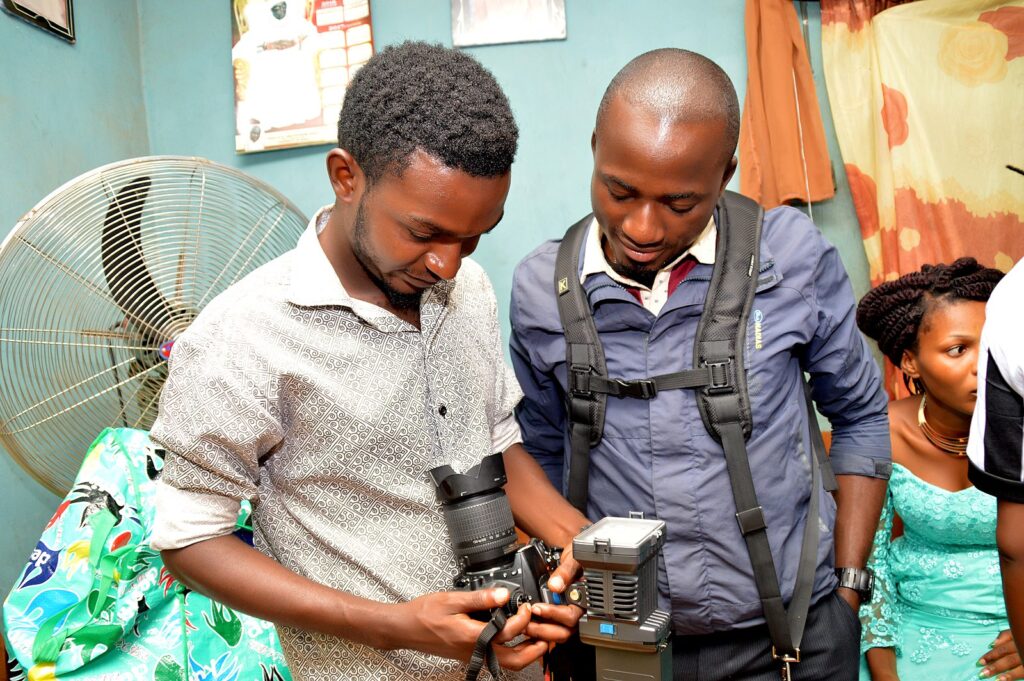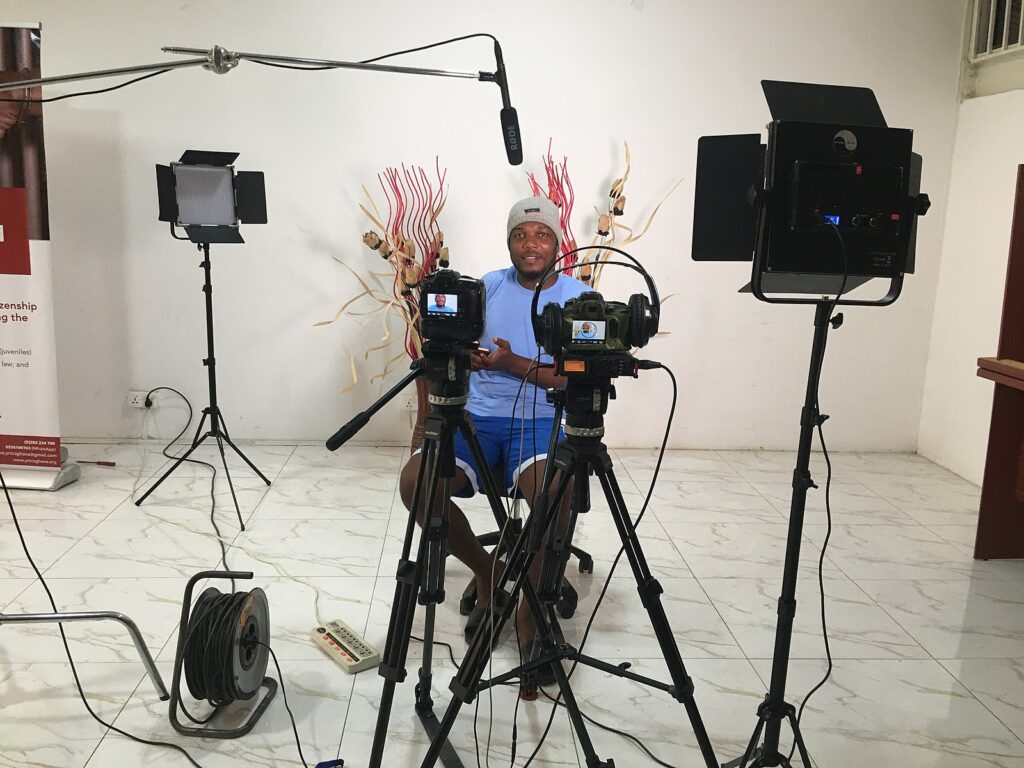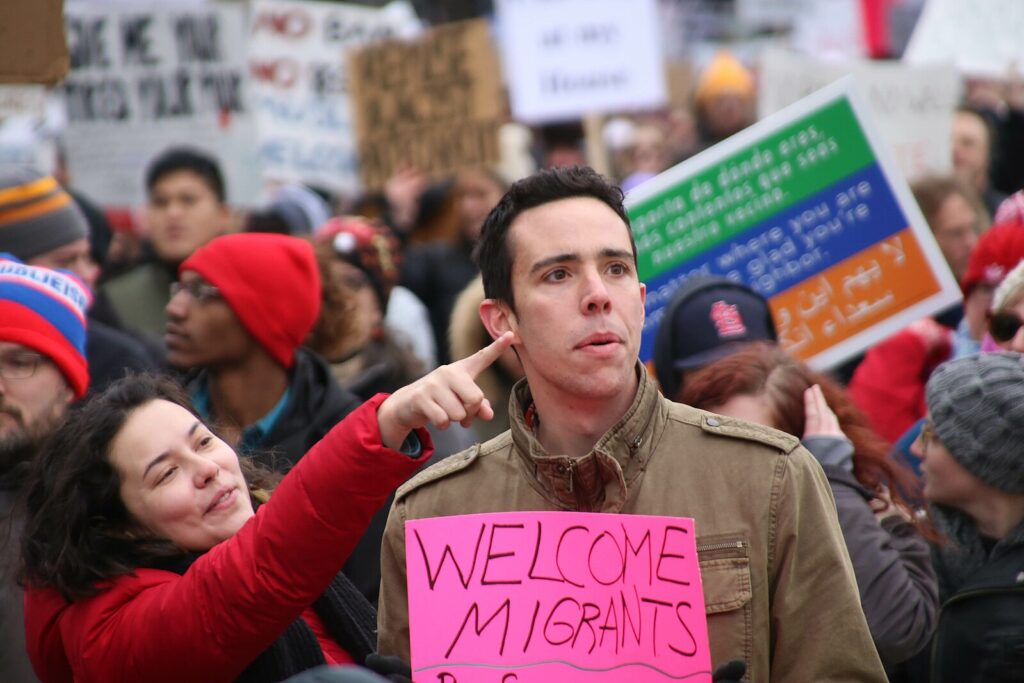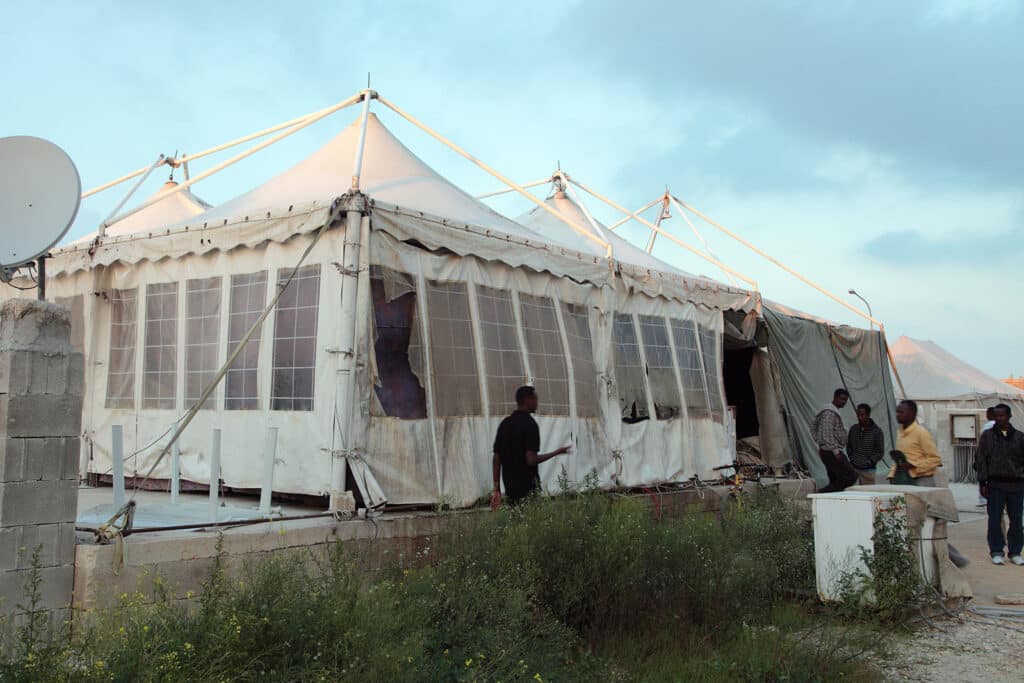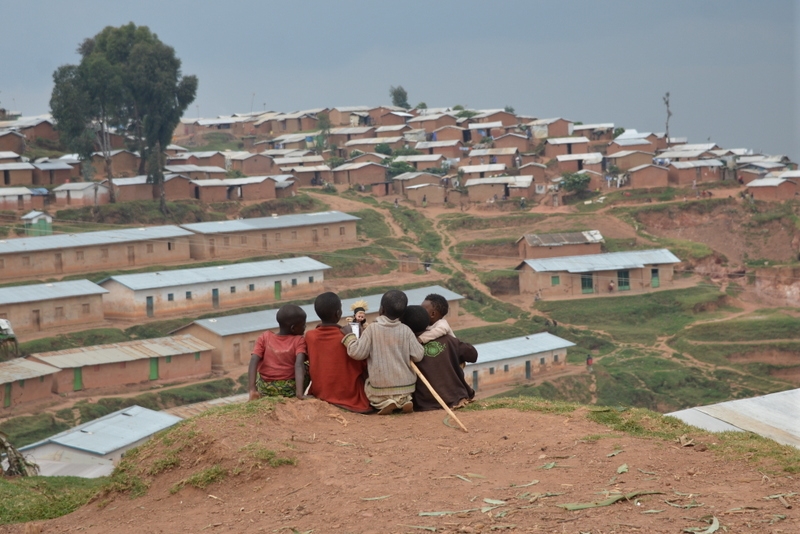The tragedy unfolding in the Atlantic Ocean and Sahara Desert with African migrants facing deaths, hunger, starvation, suffering, mental and physical impairs, and inhumane and degrading treatment has attracted international media’s attention. The human rights violations facing African migrants have been the subject of local and international media coverage. While media plays a vital role in understanding migrants’ conditions in general, the biased or misleading narratives of some media outlets picturing African migrants in a negative tone can fuel or exacerbate racism, discrimination, xenophobia, and antimigrant sentiment in transit and destination countries.
The international media’s narratives of the alleged mass migration of Africans that led to the shrinking of Global North country’s social stability, national cohesion, social welfare, and security are not only misleading but dangerous as they stigmatize, demonize, and criminalize human beings, undermining their human rights and dignity and making them easy preys to racism, discrimination, xenophobia, violence, exploitation and persecution against the backdrop of increasing criminalization and securitization of international migration.

African refugees and displaced persons move to escape conflicts and civil wars, political instability, natural disasters, persecution, violence, human rights violations, and other challenging conditions. They are often pictured in international media outlets as helpless and desperate people and as burdens to the host communities, thereby overlooking their human agency and positive contribution to the origin and host society.

The ACSRM aims to scrutinize African and international/global media narratives about African migration and migrants by deconstructing the often sensational, biased, simplistic, and stigmatizing rhetoric that leads to obscuring the complexity of African migration trends and patterns and African migrants’ conditions. It will enhance understanding how such narratives unfold in social media and the underlying consequences on African migrants.
The ACSRM aims to facilitate local and international media outlets’ access to robust evidence and analysis about African migration patterns and trends and African migrants’ conditions and data-driven and well-informed policies for a better understanding of African migrants’ concerns and challenges, their role in the positive transformation in African societies, and overall, the opportunities and challenges underlying African migration. The ACSRM aims to shed light on the media coverage of African migration within and outside the continent. The ACSRM will conduct studies to identify pitfalls, biases, and prejudices underlying the media coverage of African migrants and refugees and ways to address them.
Furthermore, the ACSRM will conduct training and capacity-building activities for African and international journalists to enhance their understanding of African migrants’ issues. It will analyze the media coverage’s consequences on African migrants, refugees, displaced persons and their families, origin, transit, destination countries, and the African continent’s image internationally. It will contribute to decolonizing the biases underlying the international media coverage of Africa’s migration and migrants while highlighting initiatives to shift such biased narratives.
